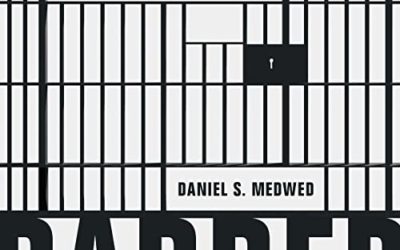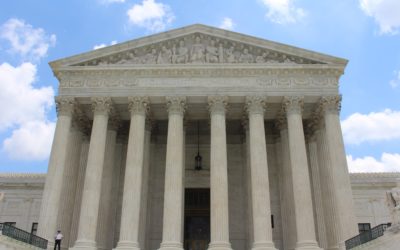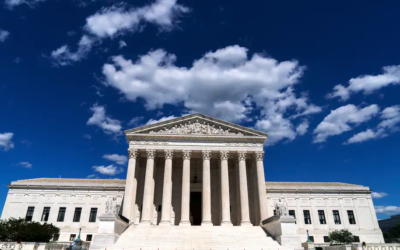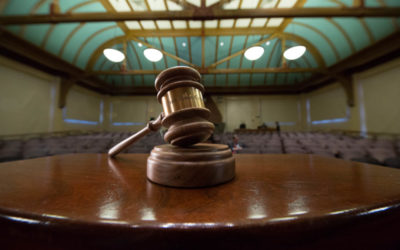Blog
Is Affirmative Action Dead?
By Nathalie Beauchamps Among the panoply of decisions that the Supreme Court has overturned or narrowed over the past few years, Students for Fair Admissions v. Harvard stands out. In the immediate aftermath of the decision, the burning question for those interested...
read moreOriginalism: A Conservative Doctrine or An Opportunity to Expand Rights?
Originalism could be utilized to uphold or even expand the rights that progressives care about. Where, then, does originalism go wrong?
read moreHow Defamation Is Used to Silence Survivors
Defamation suits are being used increasingly by those in power to evade accountability by silencing survivors. The judicial system needs to do better.
read moreIn Review: The Broken Constitution
The question looming here is as obvious as it appears: what is this moral crevasse, and why has Feldman, in a book centered on Lincoln, America’s most famous liberator, chosen the future president of the Confederacy to articulate its opening?
read moreMandatory Prosecutorial Disclosure: Safeguarding Our Right to a Fair Trial
Society wins not only when the guilty are convicted but when the criminal trials are fair; our system of the administration of justice suffers when any accused is treated unfairly.
read moreSupreme Court Provides a Win for Students with Disabilities in Perez v. Sturgis
The Supreme Court recently delivered an important victory for students with disabilities in Perez v. Sturgis Public Schools, providing an additional avenue of redress when school districts violate the right to a free and appropriate public education (FAPE) established...
read moreExamining Disability Rights Issues and the Constitutional Concerns Surrounding Death with Dignity Laws
Death with dignity laws, also known as medical aid-in-dying laws or physician-assisted dying laws, allow terminally ill patients to request and receive medication to end their lives peacefully and with dignity. Currently, ten states and the District of Columbia have...
read moreBarred: Why the Innocent Can’t Get Out of Prison (Book Review by Justin Marceau)
Within the last decade I had an informal meeting with a judge at a local restaurant. We talked about mutual friends, made some mentorship plans, and talked about my ongoing research. Just as I was preparing to leave, the judge blurted out, “there is one more thing I...
read moreA Reform and Revolution to Fourth Amendment Jurisprudence
The Fourth Amendment guarantees our right “to be secure in [our] persons, houses, papers, and effects, against unreasonable searches and seizures” U.S. Const. Amend. IV. Unfortunately, due to the Supreme Court’s narrowing of Fourth amendment protections, today police...
read moreThis Week in Civil Rights and Civil Liberties
Welcome to This Week in Civil Rights and Civil Liberties. The Respect for Marriage Act moves forward in the Senate, Florida’s “Stop W.O.K.E. Act” is halted, DOJ opens a disability rights case, and more. The U.S. Senate advanced the Respect for Marriage Act. The Act...
read moreTalevski: Supreme Court Reconsiders Private Enforcement of Public Benefit Programs
On November 8th, the U.S. Supreme Court heard oral arguments for Health and Hospital Corp. of Marion County v. Talevski. The central issue in this case is whether 42 U.S.C. § 1983 provides beneficiaries of federally funded programs with a private cause of action...
read moreAmes Final Round – November 10, 2022
Welcome to CR-CL’s Ames Live Blog! Tonight is the the Ames Finals! The Ames Competition is one of the most prestigious competitions for appellate brief writing and advocacy in the country. The students participating in the Final Round started the competition in the...
read more











